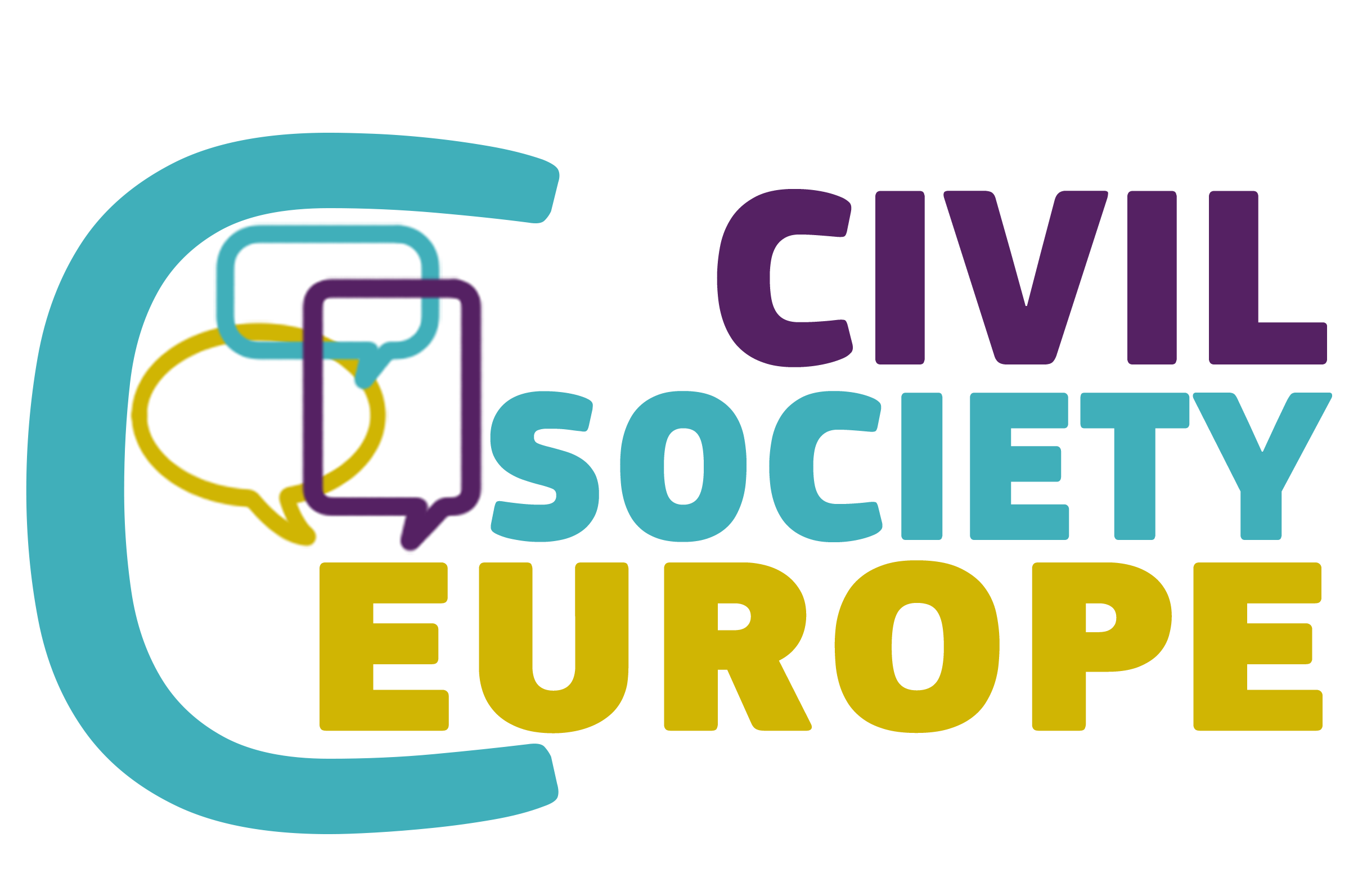Civil Society Europe, as the representative organisation of European networks of civil society organisations, welcomes the European Commission’s proposal to establish a ‘Civil Society Platform to support more systematic civil dialogue’, as stated in the mission letter to the Commissioner-designate for Democracy, Justice and the Rule of Law Michael McGrath.
Such a proposal positively reflects the collective call for dedicated mechanisms to foster civil dialogue that was carried out through the Civil Society for EU Campaign, which Civil Society Europe has been co-leading with Social Platform, involving more than 250 civil society organisations and getting the support of 100 MEPs. We presented the campaign key asks to the cabinet of President-elect Ursula Von der Leyen and are satisfied to see some of our proposals reflected in the content of the mission letter as an outcome of such an exchange.
Civil society organisations (CSOs) have been long calling for the establishment of a structured dialogue between civil society and the European institutions as an implementation of Article 11 of the Treaty on European Union (TEU), as also expressed in a recent letter to the top EU leaders by 416 CSOs. In line with Article 11 of the TEU, such dialogue should happen “in all areas of union action”: both vertically on sectoral issues, involving the Directorate-Generals (DGs), the European Parliament Committees and Council configurations, working parties on one hand and CSOs on the other hand; and transversally, between the EU institutions as a whole and European civil society to discuss fundamental political issues that can feed into the Commission’s political work (Commission’s work programme, State of the European Union speech).
In that sense, we see the proposal of a Civil Society Platform as an important step towards the establishment of a structure for transversal dialogue between the Commission and civil society and part of a future interinstitutional agreement on civil dialogue based on Article 11 TEU. We expect the Platform to be a key structure in also reinforcing the vertical dialogue between the different DGs and civil society organisations, by promoting guidelines and practices for an open, regular and structured civil dialogue in all Commission services. We expect that the Civil Society Platform is given the highest political priority from the Commission, with a clear follow-up of the discussions, and information exchange, and that the Platform has the responsible Commissioner as their counterpart.
We underline how such a Platform should not be restricted to discussions on fundamental rights and civic space (which is already tackled by other structures such as the Fundamental Rights Platform) or the rule of law and democracy, but should involve European civil society organisations on a broad spectrum, with special attention to the representation of minority and underrepresented groups and the variety of structures, mandates and purposes of CSOs. We underline the importance that the features of such a structure and its membership should be co-created with civil society organisations, in order to ensure the Platform’s credibility.
Civil Society Europe, as the independent coordination of 22 non-partisan European civil society platforms and networks covering a wide variety of policy fields and representing millions of citizens, has the representativeness and the expertise to play a key role in the Platform. Civil Society Europe is ready to assume the responsibility to coordinate such efforts inside independent civil society, by involving its membership and the broader European civil society sector and to work with the EU institutions in co-designing the Platform, its mission, purpose and operations; a position that we already fulfilled for the civil society involvement in the Conference on the Future of Europe through the Civil Society Convention for the Conference on the Future of Europe.

